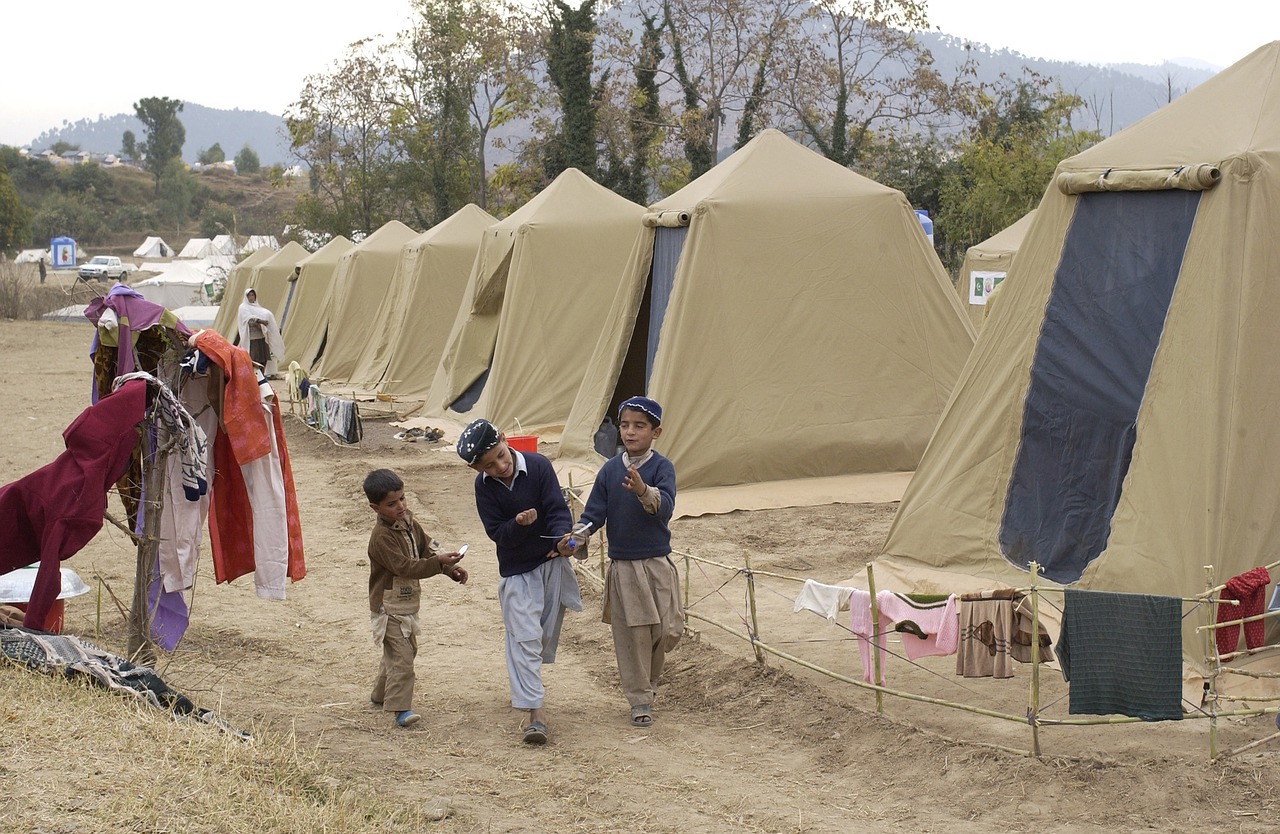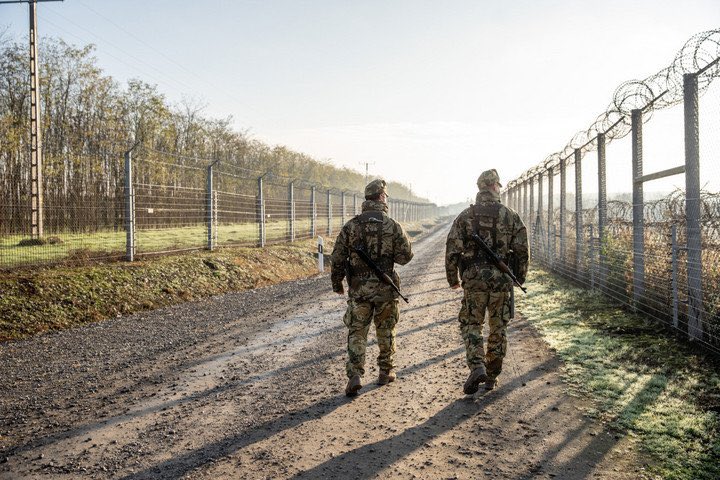
The international community must stop being hypocritical, Foreign Minister Szijjártó says.Continue reading

Negotiating delegations from Member States, the European Parliament and the European Commission reached a political agreement on the elements of the new migration pact on Wednesday morning, after two days of talks. “Hungary rejects in the strongest possible terms the migration and asylum pact (…),” Foreign Minister Péter Szijjártó said at a press conference in Budapest.
An M1 news correspondent, speaking from Brussels, reported:
“Two elements of the package are worth highlighting: one is the procedure at the external borders, this is a new element (…), and its aim is to identify at the border who is a real refugee and who is an illegal migrant. The latter will not be allowed into the EU, they will be detained, and at the end of the procedure they will be expelled and sent home.
The second one is that the European Union plans to distribute at least 30,000 refugees a year between Member States (…) Those who do not take them in will pay, and this was the element that Hungary very firmly rejected in the Council.”
Asked at the press conference whether Hungary would take in asylum seekers under the migration pact’s “crisis regulation” or whether the country would pay EUR 20,000 per person instead, Péter Szijjártó said that no one could force Hungary to let anyone in. “Only those we want to come to Hungary or allow to come and stay here can come,” he underlined. “We reject this migration pact, we will not let anyone in against our will,” he emphasized.
Csaba Dömötör, Parliamentary State Secretary of the Prime Minister’s Office, also reacted to the news of the agreement. “The migration package adopted in Brussels is contrary to what the Hungarian government stands for, both in its elements and as a whole,” he stated.
In a video posted on his Facebook page, Csaba Dömötör said that “this is not the Christmas present we expected.” Speaking about the details of the pact, he noted that it included the long-debated distribution quota, meaning that it will determine “how many migrants each Member State must accept.”
“It is also included in the new package that in a crisis situation these numbers can be exceeded, i.e. it means admission without a limit on the number of people Member States can take in,”
he stressed.
The state secretary added that the new package would also override current Hungarian asylum procedures. In practice, as a consequence, “migrant ghettos would be created in Hungary too,” the politician stressed. In his opinion, the reason why the pact was adopted in a hurry was because they feared that the necessary majority would not be reached after the upcoming EP elections.
The Pact on Migration and Asylum still needs to be formally approved by the plenary of the European Parliament and the council of Member State governments.
Via MTI, hirado.hu; Featured image: Twitter/Barna Pál Zsigmond